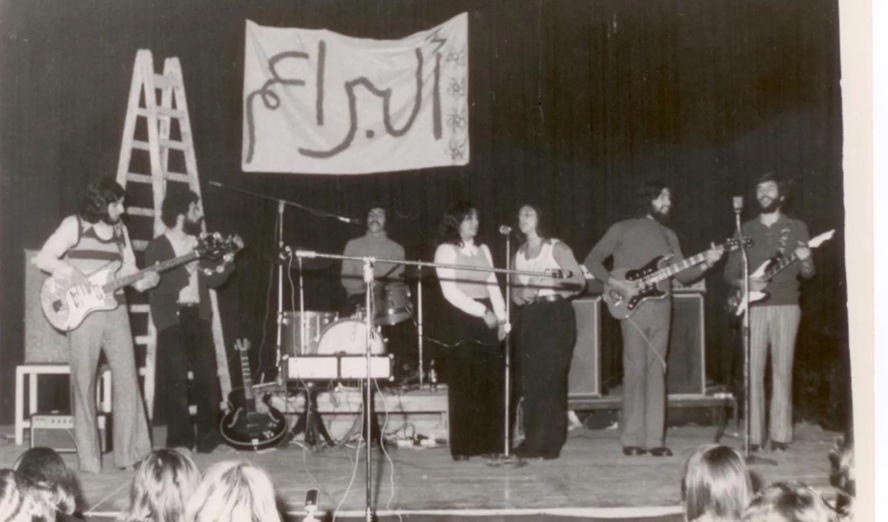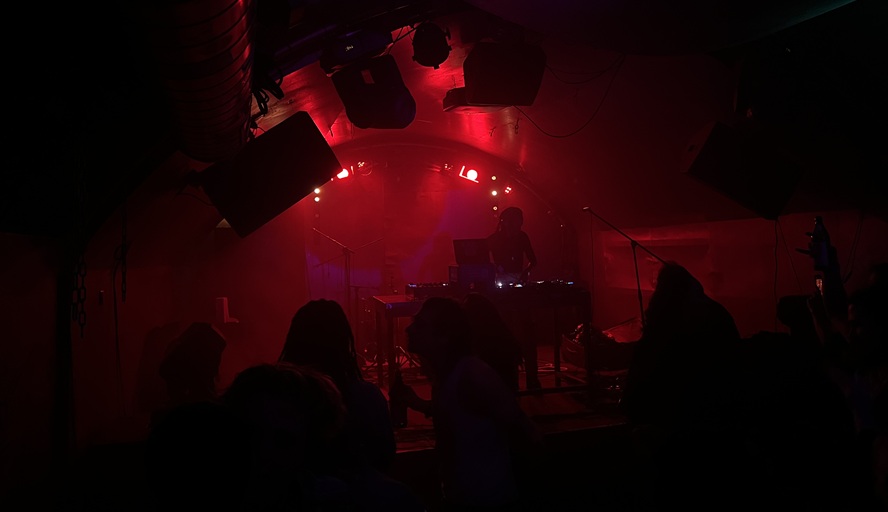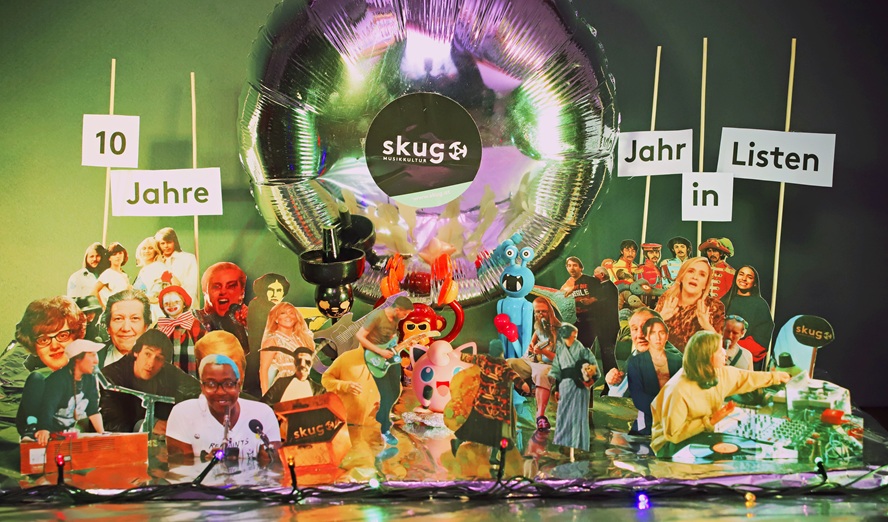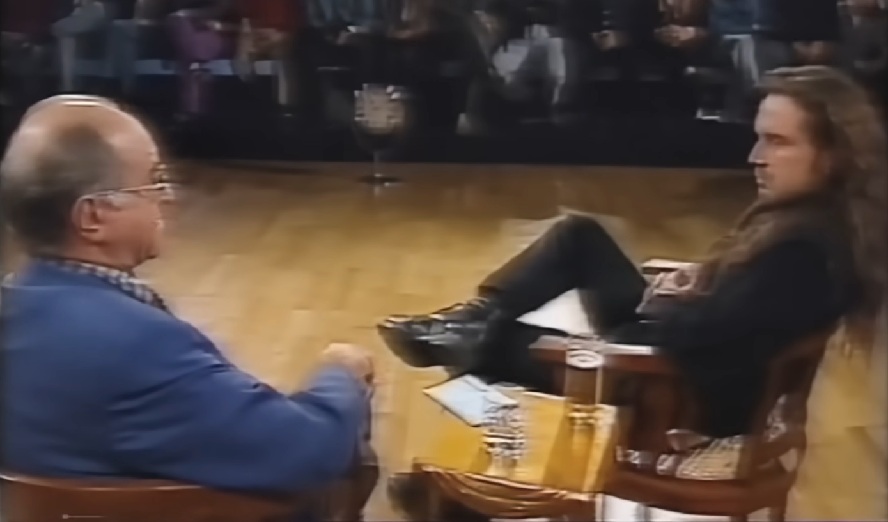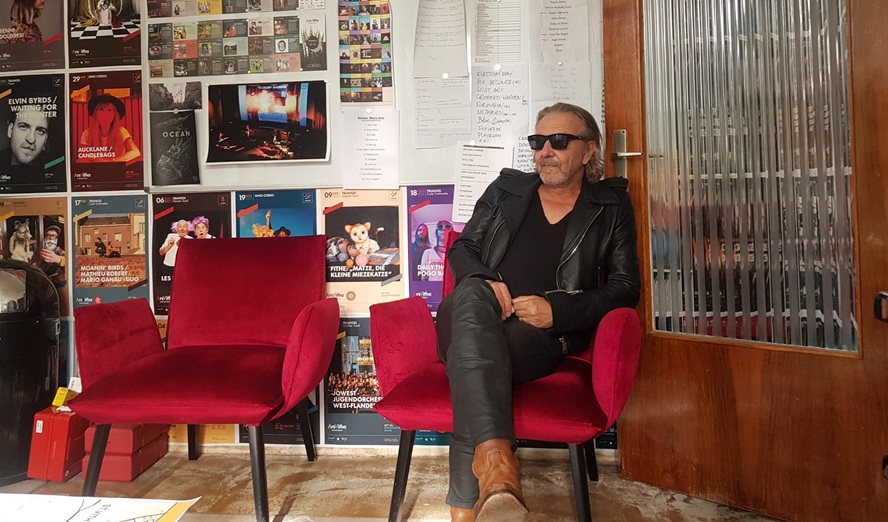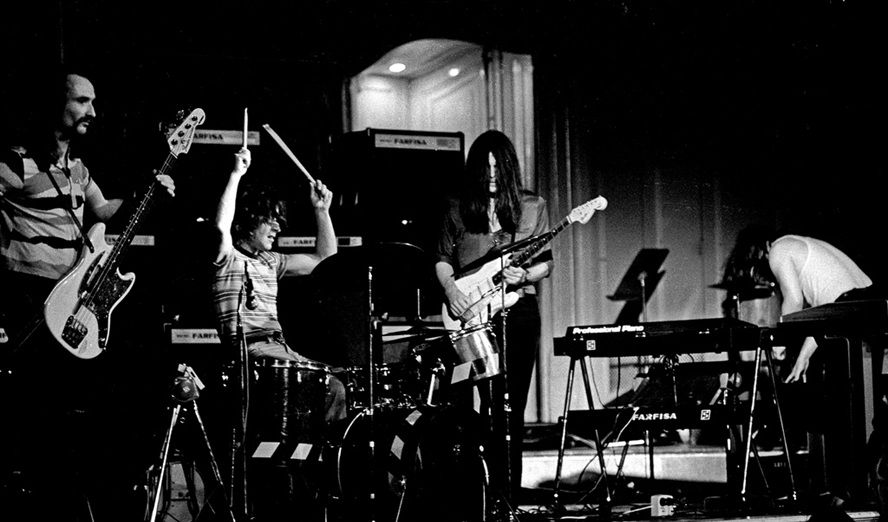Forgive me this one, but almost inconsciously, the first thing to come in my mind while listening to this album is the early Chico Hamilton quintet. Of course it isnt without any reasons. First the instrumentation is the same here : Hans Koch ( Bass Clarinet and saxophones), Michael Moser ( Cello), Martin Siewert (Guitar and lapsteel), Christian Wolfrath (drums), and Christian Weber ( Double-Bass ), plus some electronic extensions. But more over, you can tell Weber is initiating and leading the project towards his own intimate liberation. This always comes from people who ve occupied before roles and functions in various other styles of music. There is a geography, and attached politics, to each instrument. Here the liberating aspects (and not freedom), gives the whole ensemble a strong orientation and seems to generate sense. It s not only about, free improvised music, minimalism or quietness, nor just attention paid to delicate and sensitive noises. It s much more about the process of opening things. In this regard each player uses various pre-determined materials and approaches to achieve some sort of entity. It s maybe important to notice that the recordings dates from september 2002, a time where such directions still evolved a lot, were in movement, searching for new possibilites. And I think Weber’s own interrest at the time, gives the album a very particular sound, that saves it well from being just another usual lower case improv release. – »Osaka Solo« ( Mimi CD available from www.christianweber.org) is an 18’40??? piece recorded in 2006 that possibly gives more clues to the whole research. It s not like Weber has radically changed, his playing still involves a very subtile mix of compositional elements, improvised approaches and extreme registers. He seems slightly more confident of the directions but also more able to play with them as opposed to just »interprate« a given Sound. I particularly enjoy over all the fact that in both cases the actual process always dominates. It s about playing rather than fixing. About letting things happen because one wants to hear them more than labellig and stamping each act in order to make sure we’re there. I’m very curious of his next projects and releases, let s wait.
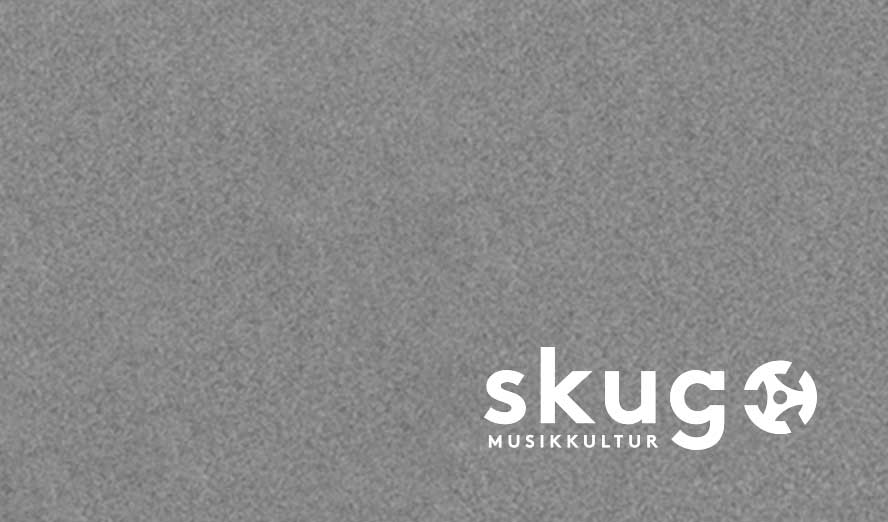
3 Suits & A Violin
Forgive me this one, but almost inconsciously, the first thing to come in my mind while listening to this album is the early Chico Hamilton quintet. Of course it isnt without any reasons. First the instrumentation is the same here : Hans Koch ( Bass Clarinet and saxophones), Michael Moser ( Cello), Martin Siewert (Guitar and lapsteel), Christian Wolfrath (drums), and Christian Weber ( Double-Bass ), plus some electronic extensions. But more over, you can tell Weber is initiating and leading the project towards his own intimate liberation. This always comes from people who ve occupied before roles and functions in various other styles of music. There is a geography, and attached politics, to each instrument. Here the liberating aspects (and not freedom), gives the whole ensemble a strong orientation and seems to generate sense. It s not only about, free improvised music, minimalism or quietness, nor just attention paid to delicate and sensitive noises. It s much more about the process of opening things. In this regard each player uses various pre-determined materials and approaches to achieve some sort of entity. It s maybe important to notice that the recordings dates from september 2002, a time where such directions still evolved a lot, were in movement, searching for new possibilites. And I think Weber’s own interrest at the time, gives the album a very particular sound, that saves it well from being just another usual lower case improv release. – »Osaka Solo« ( Mimi CD available from www.christianweber.org) is an 18’40??? piece recorded in 2006 that possibly gives more clues to the whole research. It s not like Weber has radically changed, his playing still involves a very subtile mix of compositional elements, improvised approaches and extreme registers. He seems slightly more confident of the directions but also more able to play with them as opposed to just »interprate« a given Sound. I particularly enjoy over all the fact that in both cases the actual process always dominates. It s about playing rather than fixing. About letting things happen because one wants to hear them more than labellig and stamping each act in order to make sure we’re there. I’m very curious of his next projects and releases, let s wait.

Unterstütze uns mit deiner Spende
skug ist ein unabhängiges Non-Profit-Magazin. Unterstütze unsere journalistische Arbeit mit einer Spende an den Empfänger: Verein zur Förderung von Subkultur, Verwendungszweck: skug Spende, IBAN: AT80 1100 0034 8351 7300, BIC: BKAUATWW, Bank Austria. Vielen Dank!






